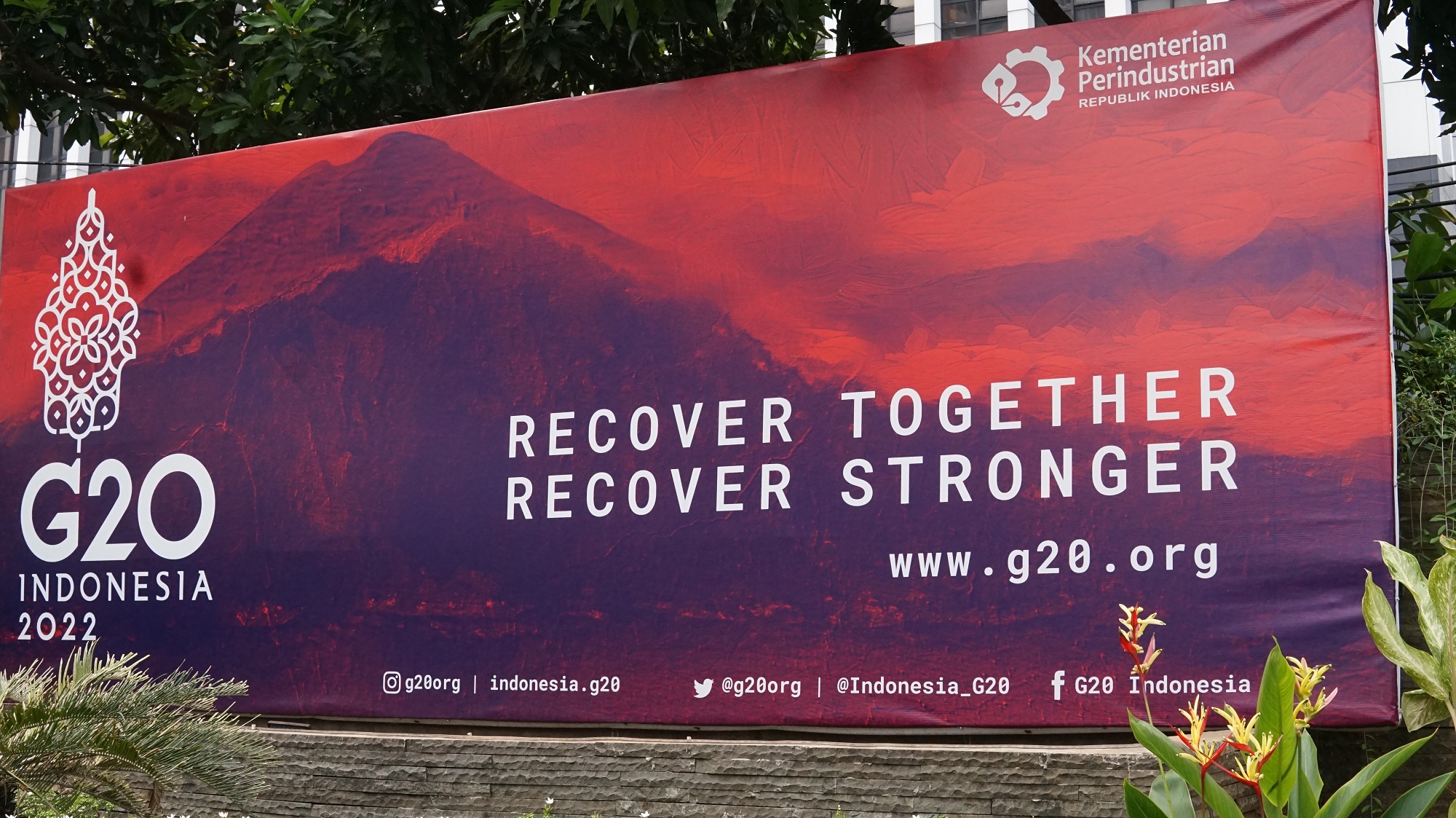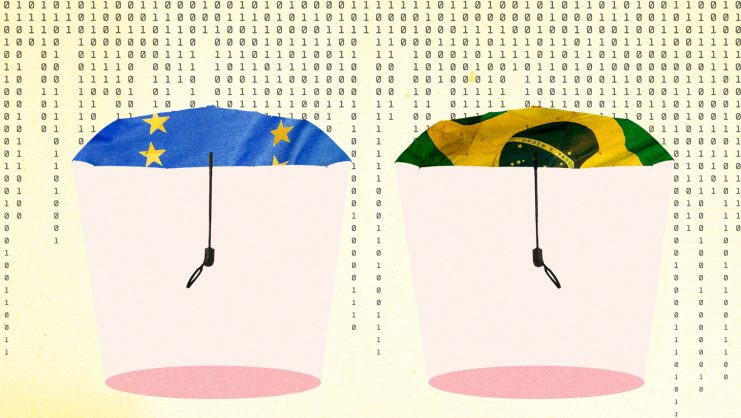The leaders of the world’s major powers will soon be gathering in Bali for the G20 summit. The event has raised particular interest for being the first face-to-face meeting between the US and Chinese presidents amidst escalating global tension that many are already calling a new cold war. Vladimir Putin is not likely to attend the summit, despite the efforts of the host, Indonesian President Joko Widodo. His presence would indeed make for a rather unexpected “family photo” in a time marked by the war in Ukraine, the triple energy, economic, and food crisis, and the return of a nuclear threat that we had thought relegated to the history books.
Even without Russia, there is no doubt that few multilateral fora have the clout of the G20. This was recently corroborated by the opening of the COP27 in Sharm el-Sheikh, where Biden, Xi, and Modi – the leaders of the world’s three most polluting countries – were absent, conspicuously so.
The emergence and consolidation of the G20 as the main arena for international economic and financial cooperation began precisely during the unprecedented crisis of 2008. Fourteen years ago, the world also looked to be on the verge of collapse. It was largely saved thanks to the audacity of leaders such as Gordon Brown, Nicolas Sarkozy, and Kevin Rudd who, with the initial acquiescence of George W. Bush and the subsequent impetus of Barack Obama, recognized what the then G8 had been reluctant to admit: the need to actively involve the major emerging countries in decision-making on global economic governance. Through successive meetings in Washington, London, and Pittsburgh, their vision and pragmatism transformed a forum originally created in 1999 as a meeting point for finance ministers and central bank governors into a summit of leaders.
Time has marched on since then, however, and it has left its mark on the G20. Over the years, this forum has had its share of difficulties, managing to keep its head above water when many thought it was dead, or at the very least drowning. Perhaps its weakest moment was in 2020 during the Saudi presidency, with the clash of accusations over the origin of Covid-19 and the inability to put together a shared agenda in response to the pandemic.
We are now witnessing a mounting confrontation between two antagonistic models.
Like so many other multilateral fora, the strength of the G20 had not only been worn down by successive presidencies with changing priorities, but especially by the gradual erosion of multilateralism, which has gathered pace since 2015. This process was catalyzed by the implosion of the G8 after the Russian invasion of Crimea, the Syrian migration crisis, the unprecedented setback in the construction of Europe caused by Brexit and, of course, the ill-fated presidency of Donald Trump. In just four years in office, the New York magnate did more damage to international cooperation – and his own nation’s democracy – than any other president in recent history. We are still suffering the consequences.
Are we likely to see the umpteenth revival of the G20 in Bali, after last year’s low-key summit in Rome? It is unlikely. As in 2008, we are once again on the brink of the abyss. However, the major difference between now and then is that today’s economic threat is merely the symptom of a deep political rift that is sweeping the planet with an extraordinary intensity unseen since the fall of the Soviet bloc. Transnational trade and investment, which had fostered a degree of planetary integration on the wings of globalization since the 1990s, have now been overshadowed and subordinated to forces marked by the struggle for global hegemony.
Soft power and economic diplomacy no longer exist, with realism and traditional power politics once again reigning supreme. We are now witnessing mounting confrontation between two antagonistic models: democratic market capitalism and authoritarian state capitalism. Meanwhile, the rest of the planet is moving between these two extremes, with a disturbing drift towards ever more illiberal forces. And in the recesses of this struggle lies the growing cleavage between globalism and nationalism, which is unquestionably the defining debate of our time.
Both models and visions of the world beat at the heart of the G20, making it difficult to push forward its agenda, including the three priorities defined by the current Indonesian presidency: global health architecture reform, the sustainable energy transition, and digital and technological transformation. Despite the obstacles, we should not downplay two unique facts that afford some scope for cautious optimism. Firstly, the sequence of four G20 presidencies from the so-called Global South, with India, Brazil, and South Africa taking over from Indonesia between now and 2025. Secondly, if we look to Latin America, there is a foreseeable progressive alignment between the three G20 member countries in the region: Argentina, Brazil, and Mexico. Up to this point this has been unheard of since the forum gained its current standing. Both phenomena point to a timid scenario of possibilism: countries with increasing global influence that aspire to develop their communities without falling into the zero-sum game and the struggle for global hegemony waged by Washington and Beijing.
If the crisis of the 1970s gave birth to the G7 and that of 2008 to the G20, perhaps this dramatic planetary crisis we are suffering could give rise to a new model of global governance, without the need to go through the trauma of a major conflict, as occurred in 1918 and 1945. Perhaps we can give birth to a new system based less on competition, exclusion, and national interests, and more on solidarity, inclusion, and collective global interest. At a particularly difficult moment like the present, with the drums of war beating ever louder, it is time for the emergence of a new majority of countries willing to build a different world order, one that finally overcomes the logics of power that have weighed down the history of humanity like an albatross. Paradoxically, the G20 could be the Trojan horse to make this vision a reality.
© IE Insights.











